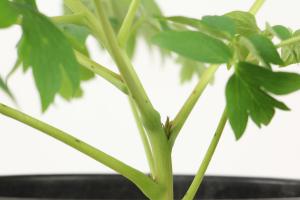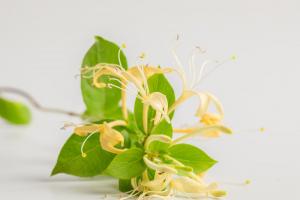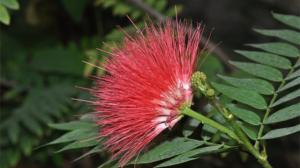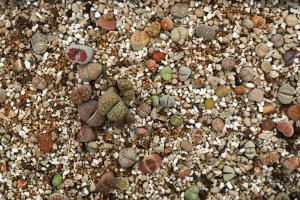Introduction
Snow peas are a popular vegetable crop that is easy to grow and produces a bountiful harvest when given proper care. Water is one of the most important factors in the growth and development of snow pea plants. In this article, we will discuss how often you should irrigate snow peas to ensure their healthy growth and productivity.
The Basics of Watering Snow Peas
When it comes to watering snow peas, it is important to understand their water requirements. As a general rule, they do best when provided with consistent moisture throughout their growth cycle. However, they are also sensitive to overwatering and drought, so it is important to maintain a balance.
In general, snow peas require about 1-2 inches of water per week. This can come from rainfall or irrigation. However, it is important to note that the amount of water they require can vary depending on factors such as temperature, humidity, and soil type. As a result, it is important to monitor your snow peas regularly to ensure they are getting the water they need.
How to Water Snow Pea Plants
When watering your snow peas, there are a few best practices to keep in mind. Here are some tips:
Water deeply and infrequently: Instead of watering lightly every day, it is best to give your snow peas a deep watering once or twice per week. This will encourage them to grow deep roots, which will help them access moisture more easily and make them more drought-resistant.
Water in the morning: Water your snow peas in the morning, when temperatures are cooler and there is less chance of evaporation. This will also give your plants time to absorb the water before the heat of the day.
Water at the base of the plant: To avoid getting the foliage wet, which can lead to disease and pest problems, water at the base of the plant.
Use drip irrigation or a soaker hose: These methods are more efficient than overhead watering and can help prevent soil erosion and nutrient leaching.
Signs Your Snow Peas Need Water
It is important to pay attention to your snow peas' water needs to ensure they stay healthy and productive. Here are some signs that your snow peas might need water:
Drooping leaves: If your snow pea plant's leaves are drooping or wilting, this is a sign that it needs water.
Dry soil: Check the soil around your snow peas regularly. If it is dry to the touch, it is time to water.
Yellowing leaves: If the leaves of your snow pea plant are turning yellow and falling off, it could be a sign of underwatering.
Poor pod development: If your snow pea pods are small or not developing properly, it could be a sign of inconsistent watering.
Conclusion
Watering your snow peas properly is crucial to their health and productivity. Knowing how often to water your plants, as well as how to water them correctly, can help ensure a bountiful harvest. Keep an eye on your plants and be prepared to adjust your watering schedule as needed to keep them healthy and happy.

 how many times do yo...
how many times do yo... how many planted tre...
how many planted tre... how many pine trees ...
how many pine trees ... how many pecan trees...
how many pecan trees... how many plants comp...
how many plants comp... how many plants can ...
how many plants can ... how many plants and ...
how many plants and ... how many pepper plan...
how many pepper plan...































